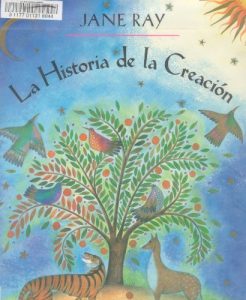Vivid photographs and a fun-filled Spanish text capture the adventures, thrills, and discoveries of being part of a class of six year olds as the lively group goes on their journeys and experience many exciting times together.
Age
Catalog sorted by age group
Ten, Nine, Eight (Spanish Edition): Diez, Nueve, Ocho (Mulberry En Espanol)
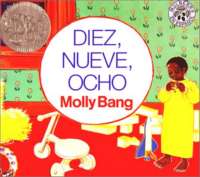
\” Diez deditos lindos, limpios y calentitos … Nueve arnigos suaves en un cuarto calladitd\’. Es hora de ir a la cama y el papá pone a dormir a su pequeña hija con una cálida y serena cuenta regresiva hacia el pañs de los sueños.
Tu Si Puedes, Gabriela!: Como Puedo Crecer Fuerte Y Sana?
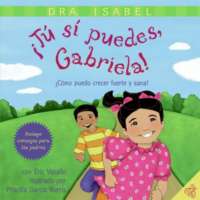
El cuerpo es como un carro, cuanto mejor es la gasolina que le pones, mejor corre.
Gabriela regresa en este entretenido segundo cuento de la Dra. Isabel, creado para ayudar a los más pequeños a prevenir la obesidad y el sobrepeso infantil. El libro incluye consejos útiles para los padres.
Cheech And The Spooky Ghost Bus (Spanish Edition)
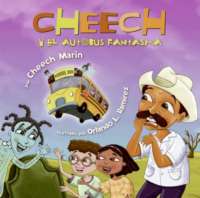
¿A que no adivinas quién se volvió loco? ¡El autobús escolar de Cheech! El autobús escolar de Cheech recoge unos chicos cerca del cementerio, pero ¡oh, sorpresa! Los chicos resultan ser bastante raros, ¡pues son unos fantasmas! Los Cheecharrones intentan de todo para deshacerse de ellos: los asustan con unos disfraces espantosos, les cantan canciones poco amistosas y hasta los persiguen para echarlos por las ventanillas. Hasta que todos se dan cuenta de que ¡estos fantasmas son divertidos! Lo malo es que Cheech todavía les tiene un poquitín de miedo. ¿Podrán los Cheecharrones convencerlo para que los fantasmitas se queden? En este libro tan chistoso como tierno, el humor instantáneo de Cheech Marin le da un nuevo giro a la idea de que a veces ser diferente no es tan espantoso.
La Arana Muy Ocupada
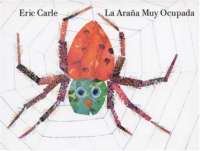
What better way to celebrate Eric Carle’s The Very Busy Spider’s 20th year in publication than to issue a Spanish-language version? This colorful, touch-and-feel story of an industrious spider is an Eric Carle classic, and now Spanish-speaking children can add it to their bookshelf of childhood’s most cherished books. It’s also a great tool for teaching beginning Spanish to children. A perfect companion to The Very Hungry Caterpillar (La Oruga Muy Hambrienta), this lovable, hard-working spider will spin her way into your heart, no matter what language you speak.
Escapada De Marvin El Mono, La: Spanish Edition
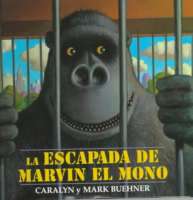
A hilarious picture book about the most engaging runaway in zoo history. Seizing an opportunity, Marvin, a friendly ape, decides to explore the world outside his cage and finds it delightful. As in Mark Buehner’s first two books, The Adventures of Taxi Dog and Maxi, the Hero, sharp-eyed young readers will discover myriad little cats hidden in the artwork all following Marvin’s adventures.
Benny (Libros Del Mundo) (Spanish Edition)
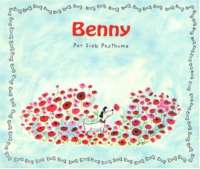
Benny no puede encontrar su hueso. Ha olfateado por todas partes y…nada. Efectivamente, ¡todos los olores han desaparecido! Quizás una visita al Dr. Duncan y a su Máquina Esnifadora le pueda ayudar.
Benny can not find his bone. He has smelled everywhere and … nothing. Indeed, all the smells have disappeared! Maybe a visit to Dr. Duncan and his Sniffer Machine can help him.
Los Contrarios / Opposites
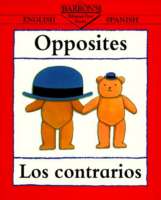
Cuddly and colorful teddy bears teach new words to very young children–and in two languages! Barron\’s Bilingual First Books give little boys and girls an early start in learning a foreign language along with their own. This book contains English and Spanish Languages.
Los Nez Perce (Pueblos Americanos Nativos) (Spanish Edition)
Examines the history, traditional lifestyle, and current situation of the Nez Percâe Indians.

